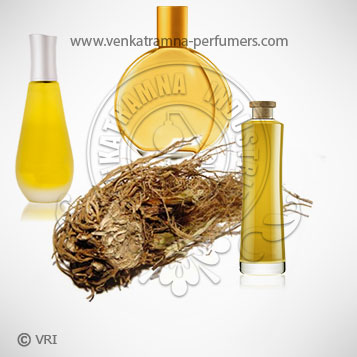
| Botanical Name | Curcuma Zedoaria |
| Common Name | Kacoramu, Zedoary, Kachur. |
| Country of Origin | India |
| Solubility | Not Applicable |
| Specific Gravity | Not Applicable |
| Optical Rotation | Not Applicable |
| Refrective Index | Not Applicable |
| PlantPart | Root |
| Bland With | Sandalwood Oil |
| CAS No | Not Applicable |
| Flash Point | 89°C |
| Extraction Method | Steam Distilled |
Nar Kachur oil is a golden yellow viscous liquid that has a warm-spicy, woody and camphoraceous cineolic odor. It is extracted from the rhizomes of Curcuma zedoaria Rosc. by steam distillation process. It is very effective for digestive systems (used as gastrointestinal stimulant), preventing stress ulceration & as flavor and fragrance based usage applications. Curcuma zedoaria, a medicinal tuber plant belonging to this family, is a close relative of Curcuma longa from which the curcumin is isolated. Various parts of Curcuma zedoaria are used in Ayurveda and other folk and tribal system of medicines. Curcuma zedoaria is a constituent of a wide variety of ayurvedic preparations like Dasamularishtam, Valiya Rasnadi Kashayam, and so forth.
Plants of ginger family (Zingiberaceae) have been frequently and widely used as spices and in traditional systems of medicine practiced in many Asian countries, and their medicinal functions have been broadly discussed and accepted in many traditional recipes. The Zingiberaceae plants contain several volatile and essential oils including terpenoids, phenylpropanoids, flavonoids, and sesquiterpenes, which has reported antitumour activity. As plants of Zingiberaceae family are considered safe for human consumption, these species are excellent candidates for development of novel chemotherapeutics. Traditionally, curcuma drugs called “Ukon” and “Gajutsu” in Japanese have been used in oketsu syndromes (caused by the obstruction of blood circulation) in Chinese medicine. Various antineoplastic compounds have also been isolated from curcuma species.
Color : a golden yellow viscous liquid ,
Aroma : warm-spicy, woody and camphoraceous cineolic odor.
germacrone, germacrone-4,5-epoxide, furanodienone, zederone, curzerenone, dehydrocurdione, curcumenol, curcumenone, isocurcumenol, curmanolide A, curmanolide B.
It benefits digestive systems & is used as gastrointestinal stimulant in flatulent colic. It also helps in preventing stress ulceration as well as in flavor and fragrance based usage applications. Zedoary has been used in the traditional system of medicine in India and Southwest Asia in treating many human ailments and is found to possess many biological activities. The rationale of the present study was to isolate, identify, and characterize antitumour principles from the rhizomes of Curcuma zedoaria, to assess its cytotoxic effects on human and murine cancer cells, to determine its apoptosis inducing capacity in cancer cells, and to evaluate its tumour reducing properties in in vivo mice models. C. zedoaria is a well-known ethnomedicinal plant that is also used in Ayurveda. Its use in the Indian traditional folk medicine is also well documented. Below are different parts of C. zedoaria which have different applications in traditional systems of medicine.